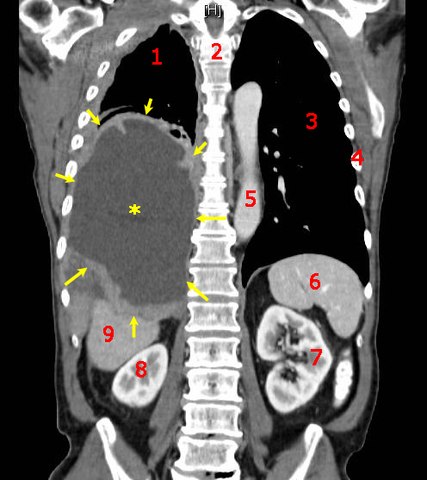Oncologists are medical specialists who play a crucial role in the care and treatment of cancer patients. Their role is multifaceted, involving various aspects of cancer prevention, diagnosis, treatment, and ongoing management. Here’s a comprehensive overview of the role of an oncologist in cancer care:
Diagnosis:
Oncologists are responsible for diagnosing cancer in patients. This process may involve reviewing a patient’s medical history, conducting physical examinations, and ordering diagnostic tests, such as imaging (X-rays, CT scans, MRIs), biopsies, and blood tests.

Staging:
After diagnosis, oncologists determine the stage of cancer, which indicates the extent of the disease. Staging helps guide treatment decisions and prognosis. Stages range from 0 (in situ, where the cancer is localized) to IV (advanced, with spread to distant organs).
Treatment Planning:
Oncologists develop personalized treatment plans based on the type, stage, and other characteristics of the cancer, as well as the patient’s overall health and preferences. Treatment options may include surgery, chemotherapy, radiation therapy, immunotherapy, targeted therapy, hormone therapy, or a combination of these.
Chemotherapy:
Medical oncologists specialize in chemotherapy, which involves the use of drugs to destroy cancer cells. They administer chemotherapy, monitor its effects, and manage side effects.
Radiation Therapy:
Radiation oncologists focus on using radiation to treat cancer. They plan and administer radiation therapy, ensuring precise targeting while minimizing damage to healthy tissues.
Surgery:
Surgical oncologists are experts in performing cancer-related surgeries. They remove tumors, conduct biopsies, and work to ensure the best possible surgical outcomes.
Immunotherapy:
Some oncologists specialize in immunotherapy, a type of treatment that boosts the body’s immune system to fight cancer. They may use drugs like checkpoint inhibitors, CAR-T cell therapy, or other immune-based therapies.
Targeted Therapy:
Oncologists may use targeted therapy, which involves drugs that specifically target the genetic or molecular abnormalities in cancer cells, while sparing healthy cells.
Hormone Therapy:
For cancers that are hormone-sensitive (e.g., breast and prostate cancer), oncologists may use hormone therapy to block or suppress hormones that fuel cancer growth.
The role of an oncologist is not limited to medical treatment; it encompasses emotional support, patient education, and shared decision-making. The oncologist-patient relationship is built on trust and communication, with the goal of providing the best possible care and achieving the best possible outcomes for cancer patients.











